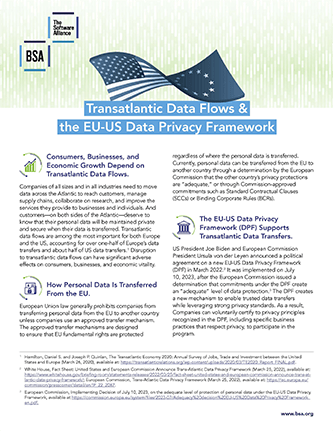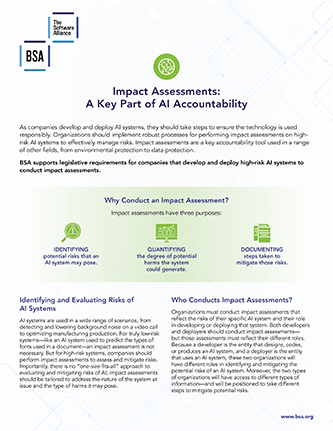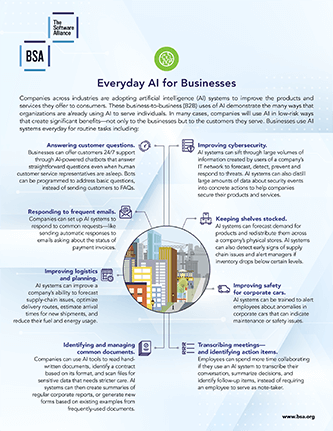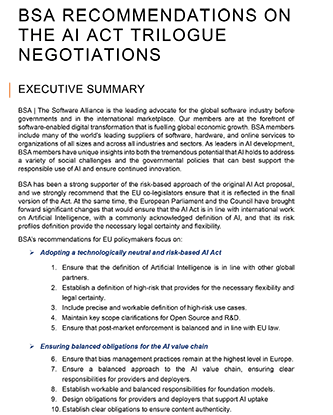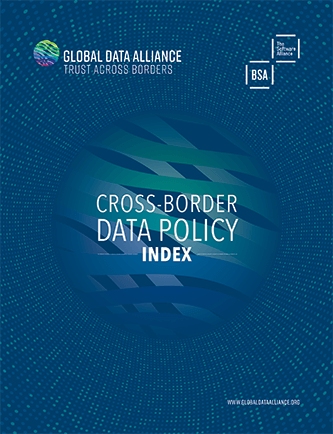Wie viele Websites verwenden auch die Websites der BSA Cookies, um das effiziente Funktionieren dieser Websites sicherzustellen und unseren Nutzern die bestmögliche Erfahrung zu bieten. In unserer Cookie-Erklärung erfahren Sie mehr darüber, wie wir Cookies verwenden und wie Sie die Cookie-Einstellungen Ihres Browsers ändern können. Wenn Sie diese Seite weiterhin verwenden, ohne Ihre Cookie-Einstellungen zu ändern, stimmen Sie unserer Verwendung von Cookies zu.

